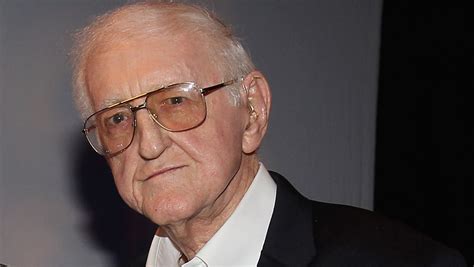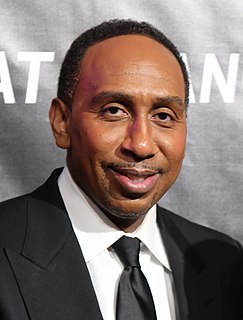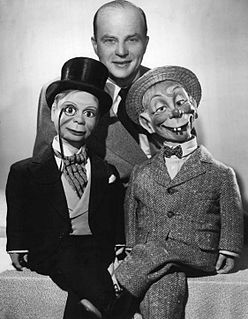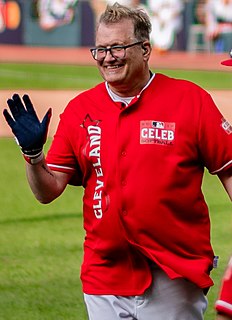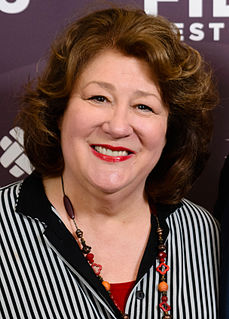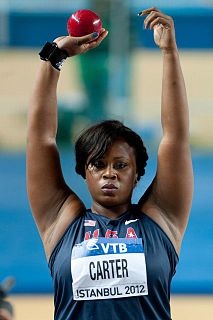A Quote by Dan Jenkins
I don't know how television or radio is going to survive without newspapers because that's where they get all their news. It's going to be hopeless.
Quote Topics
Related Quotes
I'm well past the age where I'm acceptable. You get to a certain age and you are forbidden access. You're not going to get the kind of coverage that you would like in music magazines, you're not going to get played on radio and you're not going to get played on television. I have to survive on word of mouth.
When you think about advertising, it's understanding that whether it's newspaper, radio, or television, you have to know how to advertise, how to market, because ultimately, everything comes down to ratings and revenue or ratings and subscribers and revenue, whether it's newspapers or radio or television.
I love television because it's the most alive, because you don't know how it's going to end. It's a living thing. Sometimes the writers are watching you to see how things will unfold. Sometimes the writers have written it, and you come to it, and they have to change their way of going because of what you've done.
It's not that I'm not a horror fan, it's just that the horror scripts I've been sent have been rubbish and obvious. Because they usually are in horror films - it's just about scare factor. You're always one step ahead, you know who's going to die first, you know who's going to survive, you're going to get a jump every twenty minutes.
